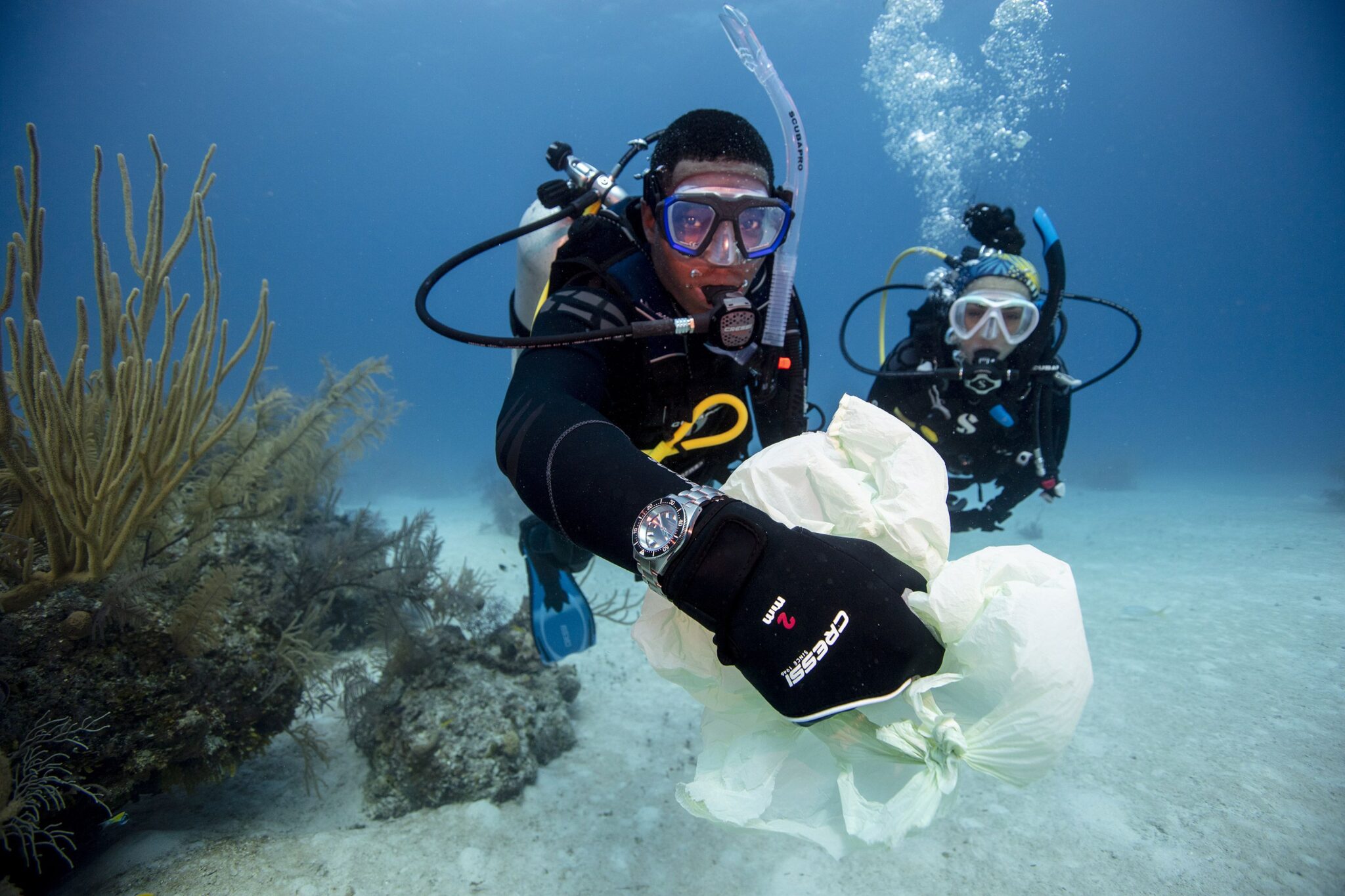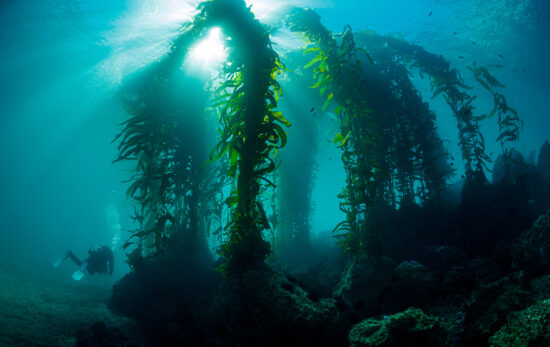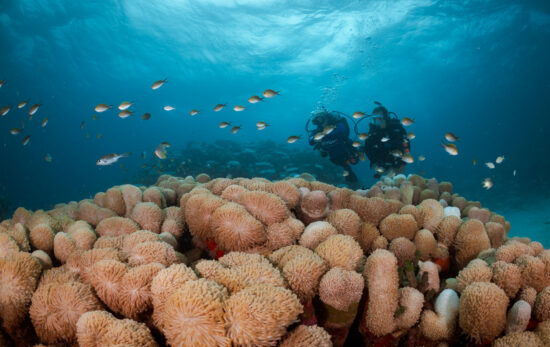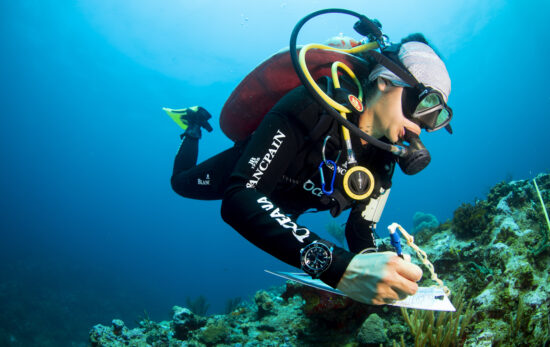29 April in Ottawa, Canada, the UN International Negotiating Committee (INC) finished its fourth session to develop an international treaty addressing plastic pollution. More than 2500 delegates from 170 member nations and 480+ organizations – including PADI AWARE Foundation – took part, setting the stage for the next session this November in Busan, Republic of Korea.
Divers and Ocean Torchbearers are Central in Making This Treaty’s Success
One aspect of the treaty is to address the reduction of plastics reaching the marine environment. Along with steps to do this, in the current treaty draft, member nations agree to establish a baseline and to periodically monitor and assess plastics entering the ocean. This makes sense – the problem can’t be managed without measuring its size, determining its source and gauging the results of actions taken. But, while there are some regional programs for doing this, there is only one that’s global, proven, already in place and in use by scientists – PADI AWARE Dive Against Debris®. Already the largest, public underwater marine debris database with more than two million debris pieces logged into it, the Dive Against Debris database is further integrated with a rapidly growing number of Adopt the Blue sites. These sites are routinely monitored by PADI Pros, Dive Centers and Resorts with the help of divers like you. The data are then shared with governments, scientists and non-profits also fighting to stop marine debris at the source.
While attending INC-4, PADI AWARE underscored that Dive Against Debris divers and professionals participate in the program because they care about the ocean and have the training to do it. PADI Instructors, Dive Center and Resorts will be prioritizing Dive Against Debris network expansion with course offerings and Dive Against Debris events – but remember, any dive can be a Dive Against Debris dive, even when you’re doing something else like underwater imaging, sightseeing etc.

Sobering Facts
While the oceans face many threats, plastics pollution is one of the most urgent, hence its priorty by the United Nations and PADI AWARE Foundation’s conservation commitment. Consider:
- An estimated 80% of ocean pollution is plastics waste.
- The world makes about 400 million tons of plastic with about 14 million tons – mostly food packaging – going into the ocean annually.
- Most plastic debris starts in urban areas and reaches the sea through runoff and poor disposal management – only about 20% is attributed to ocean-based sources.
- Marine organisms die from eating or getting tangled in plastics debris, with turtles, sea birds and marine mammals particularly affected.
- Plastics are getting into our food. It takes 500 to 1000 years to break down plastics, but they break up into microplastics, which marine organisms ingest. From there, microplastics get passed down to us through food webs.
The Time is NOW
As divers and Ocean Torchbearers, there are times when we can make a significant positive difference in the ocean’s future. Dive Against Debris divers have already removed tons of marine debris and aided more than 35,000 entangled organisms. Please take the Dive Against Debris course if you have not done so yet, and please make debris surveys a priority – because this is one of those times.
Seek adventure. Save the ocean.
Dr. Drew Richardson
PADI President & CEO.
PS: If you’re not sure how to get involved with Dive Against Debris, contact your local PADI dive shop, and visit this page.





